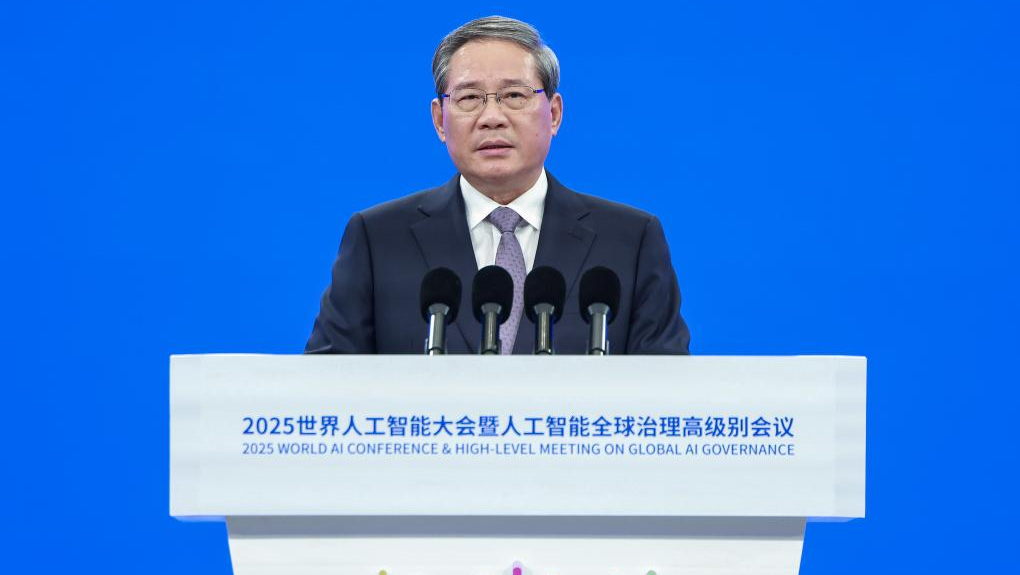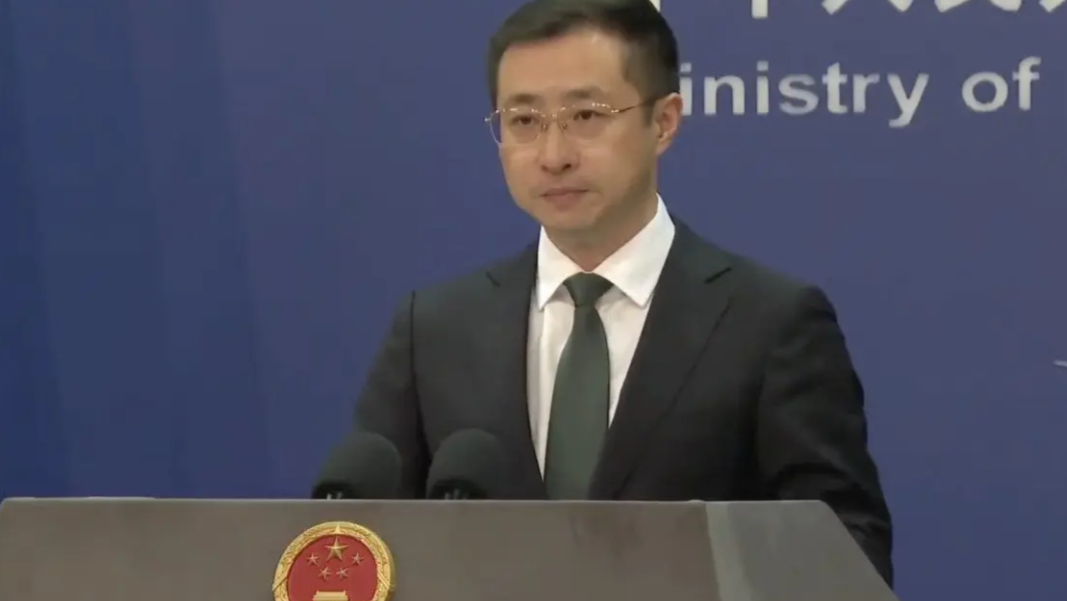China

China calls for AI governance as US opts to deregulate

Chinese Premier Li Qiang's push for a global AI cooperation body is a testament to AI's massive growth potential, but fractured governance and the US-China rivalry risk turning it into a zero-sum game that could stifle innovation worldwide. The fallout hits every corner of the tech ecosystem, from chipmakers scrambling to meet demand to startups navigating export restrictions, as nations desperately balance innovation speed against mounting security threats. Over the weekend, Li's speech at Shanghai's annual World AI Conference warned of urgent consensus needs amid escalating hazards that threaten to fragment the global technology landscape into competing blocs. "Rapid AI advancement brings opportunities and obstacles demanding collective input for [the] equilibrium between innovation and protection," Li said. Li skipped naming the U.S. directly, but slammed AI development as potentially becoming "exclusive" for a few wealthy nations, blaming artificial chip shortages and deliberate talent barriers. That was an indirect salvo aimed at Donald Trump's July 23 executive order axing "woke" biases in AI while slashing regulations to lock in U.S. dominance and accelerate American technological supremacy. The deregulati

China welcomes next Canada PM; touts bilateral relations

Following Mark Carney becoming the next Canadian Prime Minister, the Chinese foreign minister said the countries will continue to grow bilateral relations on the basis of mutual respect. The former governor of the Bank of Canada and the Bank of England was elected the leader of the Canadian Liberal Party with 86% of the vote, becoming Justin Trudeau’s successor. In a press briefing in Beijing, Foreign Ministry spokeswoman, Mao Ning congratulated Carney on his victory and commented on the relationship between the two countries. "Regarding China’s relations with Canada, we always believe that we need to grow bilateral relations on the basis of mutual respect, equality and mutual benefit,” she said. “(We hope the) Canadian side will form an objective and rational perception of China, pursue a positive and pragmatic policy towards China, and work with China in the same direction for the improvement and growth of bilateral relations." Carney’s victory came just a day after China announced tariffs on over US$2.6 billion worth of Canadian agricultural and food products. They are set to take effect on 20 March and will match the 100% and 25% import duties Canada slapped on China-made electric vehicles and steel and alumi

China to tighten grip on battery, lithium tech exports

China's squeeze on the export of critical minerals up and down the supply chain has geared up a notch, with the Chinese Communist Party (CCP) announcing proposed restrictions on the export of battery and lithium processing-related technologies. Late last Friday, the Middle Kingdom's Ministry of Commerce issued a file titled “Notice on Adjustments to the Public Consultation for the Catalogue of Technologies Prohibited or Restricted from Exporting from China", which outlines an intended curtailment of:Lithium iron phosphate (LFP) and lithium manganese iron phosphate (LMFP) preparation technologyNew metallurgical techniquesExtraction techniques, including direct lithium extraction (DLE)Alloy improvement techImpurity removal techWith a global hegemony over all things battery materials, the move would put further strain on the ability to bring online ex-China sourced and manufactured battery products in the world's journeyed pivot to lower CO2 emissions. The move follows an 18-month purge by the CCP to restrict the export of raw and refined critical minerals such as gallium, germanium, graphite and antimony from within its nations' borders - materials that are intrinsic to the production of batteries and advanced technologies for

China accuses Australia of racism after U.N. criticism

Chinese officials have accused Australia of “systemic racism and hate crimes”, after Australia and 14 other countries criticised China for human rights violations. Australian United Nations Ambassador James Larsen released a joint statement this week alongside nations like the United States, New Zealand, and Japan calling on China to address a U.N. report concluding there had been human rights abuses in Xinjiang. China’s Foreign Affairs Ministry spokesperson Lin Jian then said as a press conference yesterday that Australia “has severely violated the rights of refugees and immigrants, and left Indigenous people with vulnerable living conditions. Australian soldiers have committed abhorrent crimes in Afghanistan and other countries during their military operations overseas.” “These Western countries turn a blind eye to their severe human rights issues at home but in the meantime point their fingers at other countries,” Lin said. Australian Prime Minister Anthony Albanese responded from the CHOGM summit. “When it comes to China, we’ve said we’ll cooperate where we can, we’ll disagree where we must, and we’ll engage in our national interest, and we’ve raised issues of human rights with China,” Albanese said. The U.N.